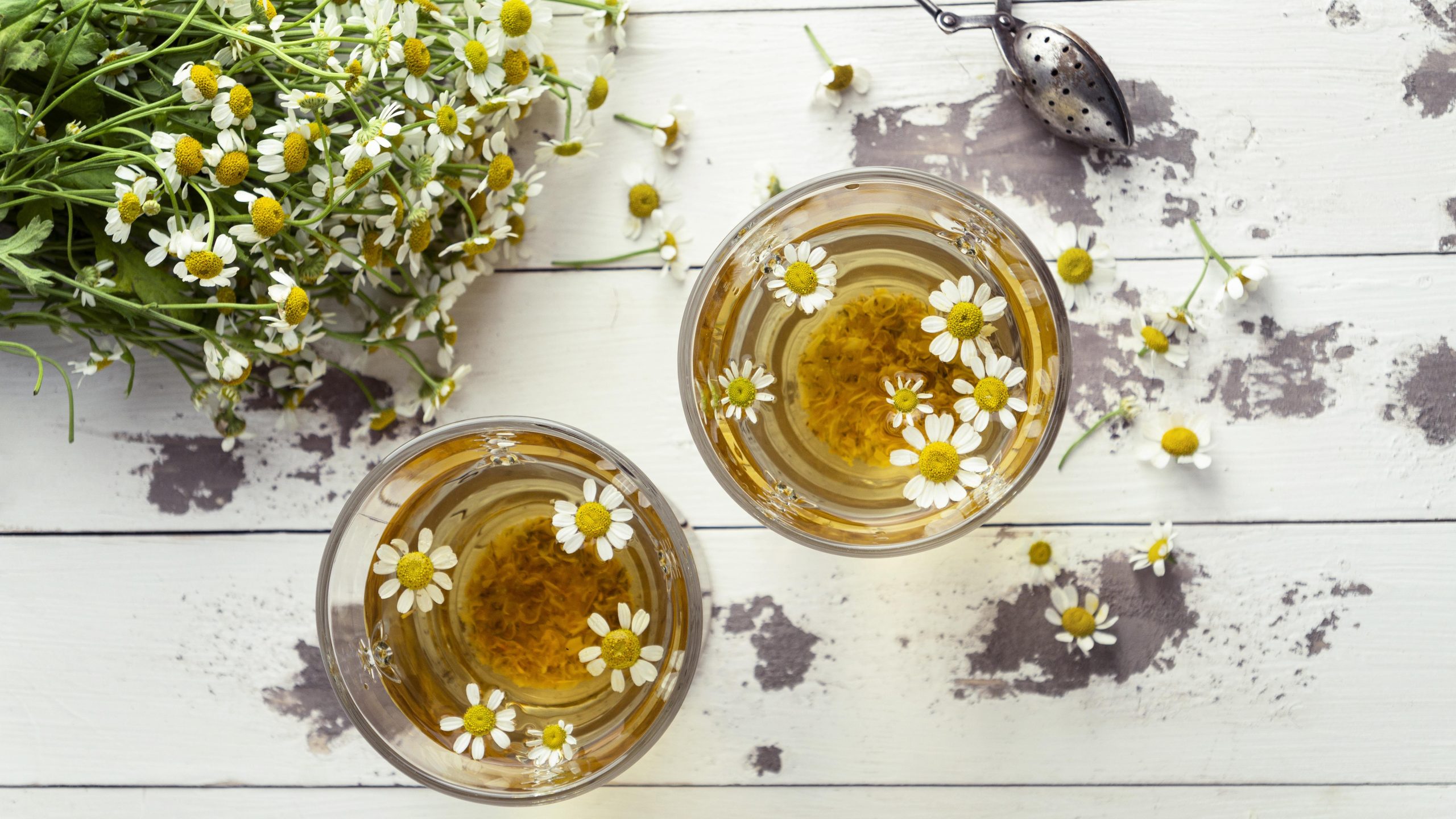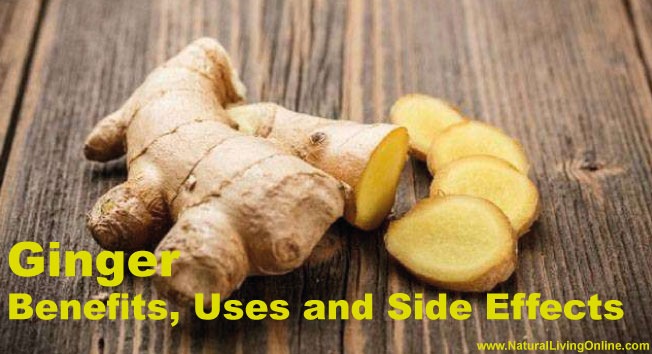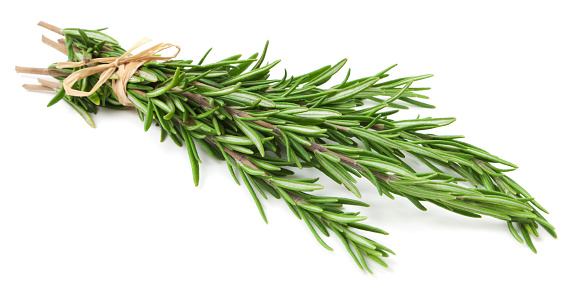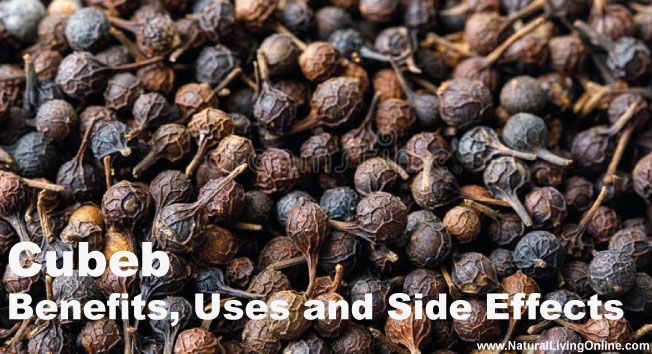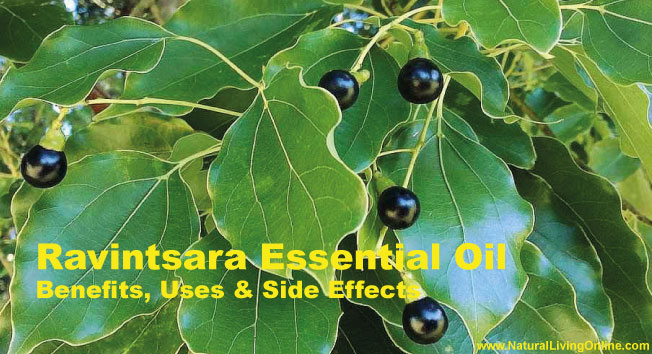You’ve probably heard the buzz about essential oils, but do you know how they work? or If they work at all! In this post I will discuss what essential oils are and how they react with your brain and body – improving productivity, mood, focus, concentration and more.
What are essential oils?
Essential oils are the volatile aromatic compounds found in plants. They can be extracted through distillation, expression, or solvent extraction. Steam Distillation is most widely used method to extract essential oils. This process involves heating up the plant (or parts of it) in distilled water to produce a vapor that contains oil molecules from within the cells. The vapors then condense into liquid form and are collected as an essential oil!
How essential oils affect human body?
The human body is made up of billions of cells that communicate with each other using chemical signals known as neurotransmitters. Neurotransmitters are the chemicals responsible for mood, memory, cognition and behavior.
Essential oils can affect your neurotransmitter activity because they contain natural compounds that directly react with both the limbic system in your brain (the part associated with emotion) and cellular receptors throughout other parts of your body. Because essential oil molecules closely resemble the shape of a neurotransmitter molecule, these aromatic substances may be able to attach themselves to receptor sites meant only for their organic “cousins This process goes far beyond simple aroma therapy.
Essential oils have been shown to support positive changes in mood, reduce anxiety and stress levels, improve memory function and promote a sense of calmness that can last throughout the day.
The ability for essential oils to affect neurotransmitter activity is only one way these compounds benefit your brain health. Modern research has also revealed how specific aromatic plant extracts enhance neurogenesis (the growth of new neurons) both during development as well as adulthood . Neuroplasticity refers to the brain’s ability to form physical connections between cells, even if they are very far apart from each other within the organ itself. This term was coined by researcher Santiago Ramon y Cajal who won the Nobel Prize back 1906 for his work on neuronal structure. Essential oils appear to promote neuroplasticity due to the unique combination of chemicals they contain.
In addition, essential oils can help protect your brain from damage caused by oxidative stress. This type of stress is associated with age-related conditions such as Alzheimer’s disease and dementia. The antioxidants found in many essential oils scavenge harmful toxins and byproducts that can damage cells, leading to inflammation. When used regularly, these beneficial compounds may be able to help keep your neurons healthy and functioning at their best for years to come.
Essential oils have been used for centuries in many cultures for their benefits. Today, they are gaining in popularity as more and more people discover their amazing properties.
There are many benefits to using essential oils, including improved productivity, mood, focus, concentration, and more. Essential oils can also be used to promote relaxation, reduce stress, and improve sleep quality.
How can I use essential oils?
There are many ways to use essential oils, including aromatherapy, massage therapy, and topical application. You can also add them to your food or drinks, or inhale them directly from the bottle. Be sure to consult with a health care professional before using essential oils if you are pregnant or breastfeeding.
Essential oils are used for aromatherapy, which is using the scent to stimulate your brain and body. The different scents trigger various reactions in our bodies depending on what essential oil it is. For example, lavender has a calming effect while peppermint helps you focus because of its stimulating nature (great if you need an afternoon pick me up).
If you want to use essential oils for aromatherapy, the first step in using these wonderful little bottles of magic is getting a diffuser (the device used to release the scents). You can buy some really nice ones online or at local stores, but I love my reed sticks because they’re cheap and do exactly what I need them to. Once you have your diffuser and oils, just add a few drops to the water (or oil if using reed sticks) and enjoy!
I highly recommend giving essential oils a try for yourself – especially if you’re looking for ways to improve productivity, mood or focus. They really are amazing little bottles of magic!
This website does not provide medical advice.
All information provided on this website, and on associated social media networks, including but not limited to texts, images, and numbers are for general information purpose only. It is not intended as medical advice and it does not include all possible precautions, side effects, or interactions that may occur. Neither NaturalLivingOnline.com nor its author/founder take responsibility for how you use this information. Statements contained on NaturalLivingOnline.com have not been evaluated by the FDA. You should conduct thorough research via multiple sources and consult your physician or qualified doctor before using any essential oil or herbal remedy. Information on NaturalLivingOnline.com must not be relied upon for medical, legal, financial or other decisions.

